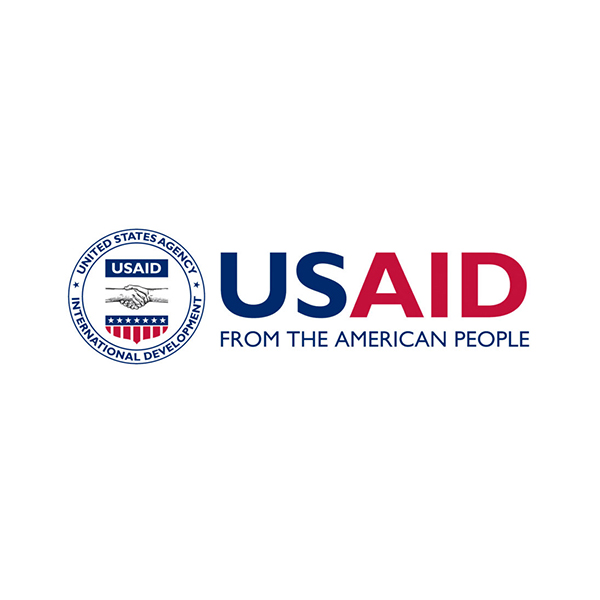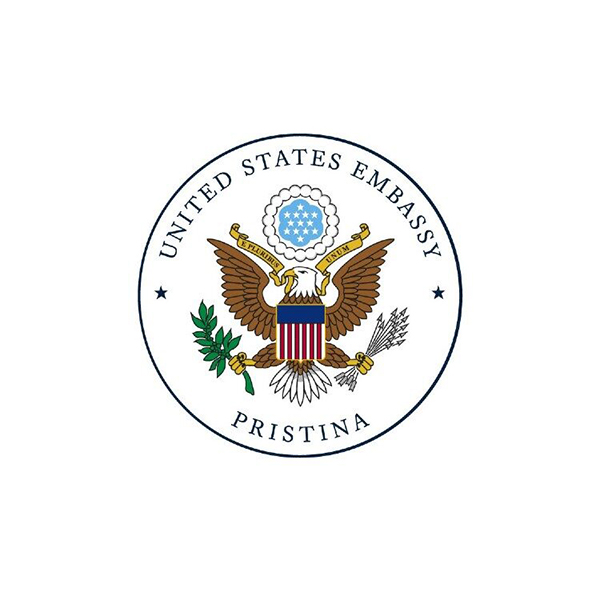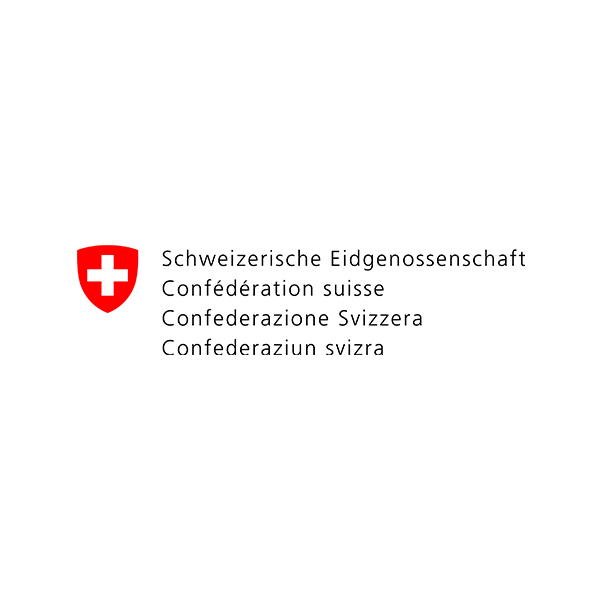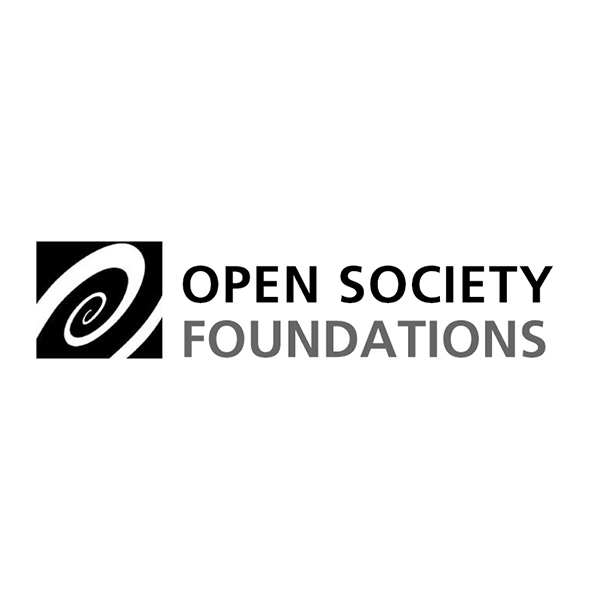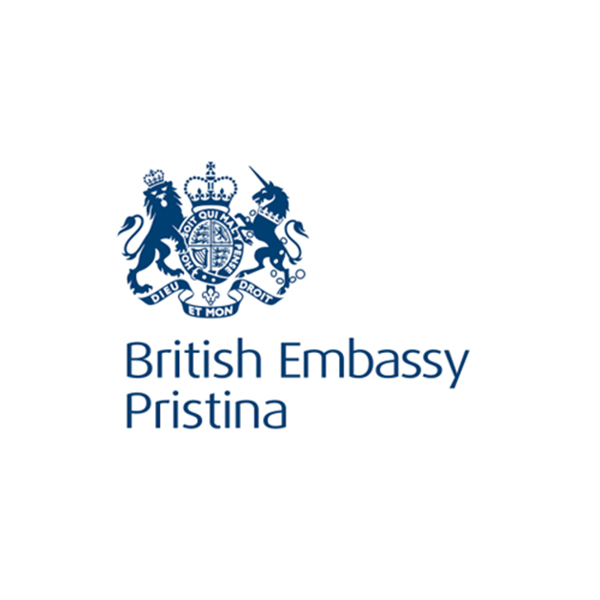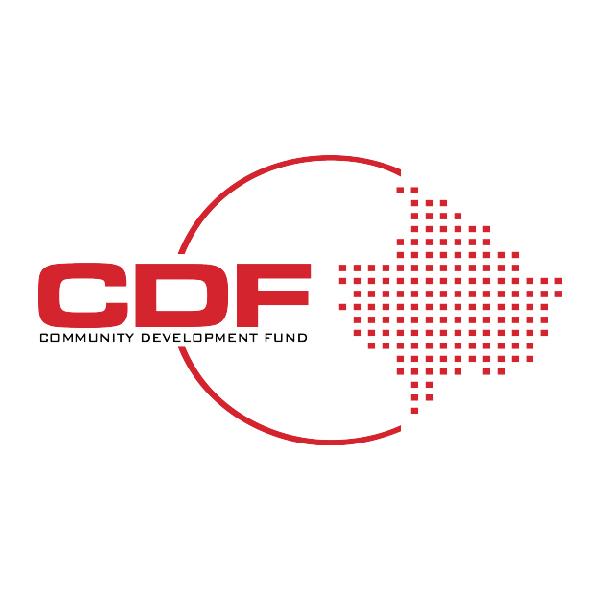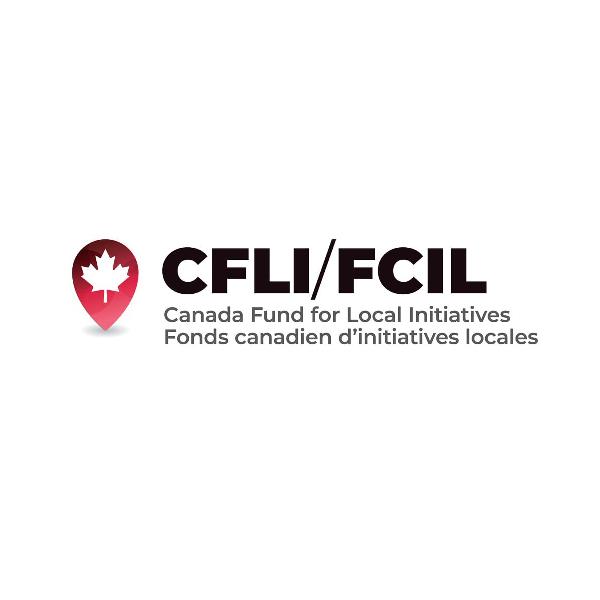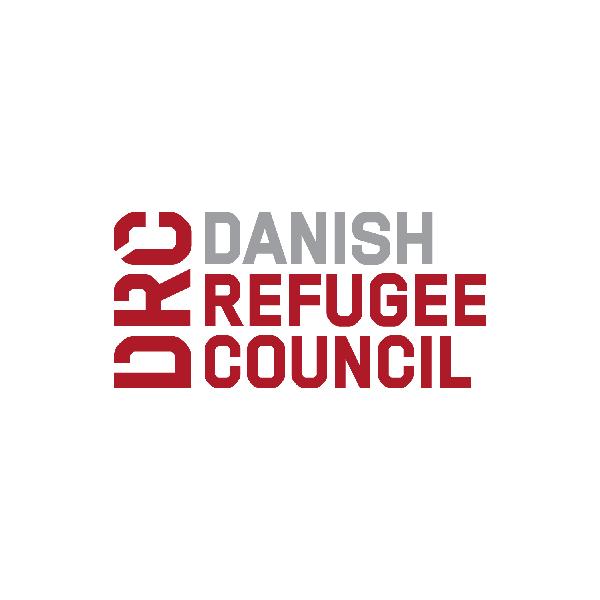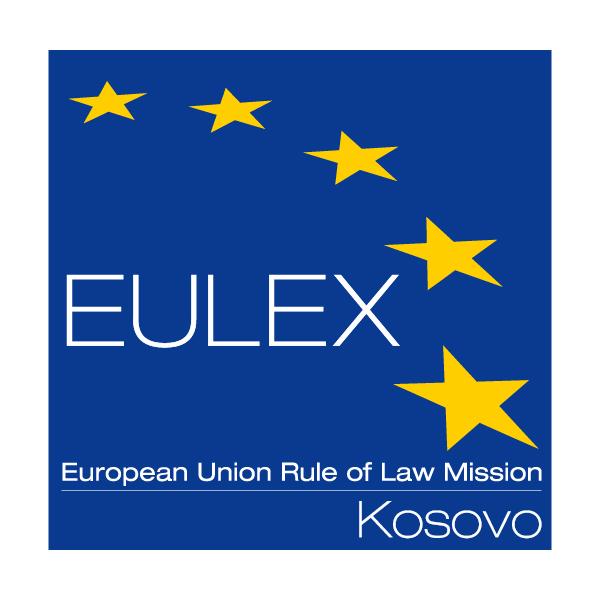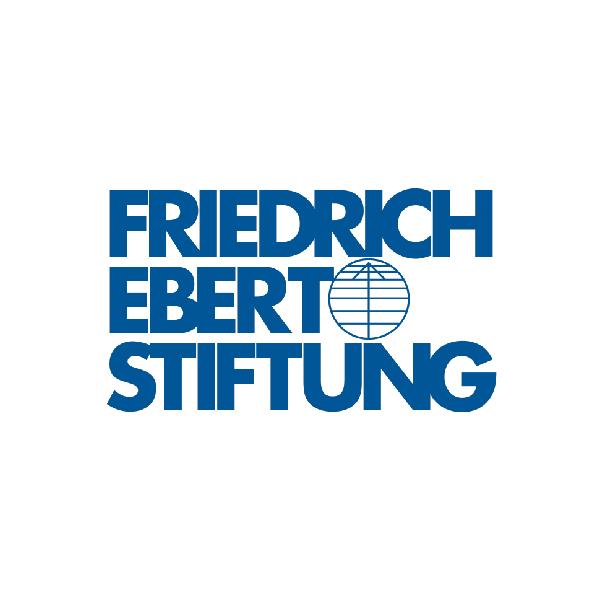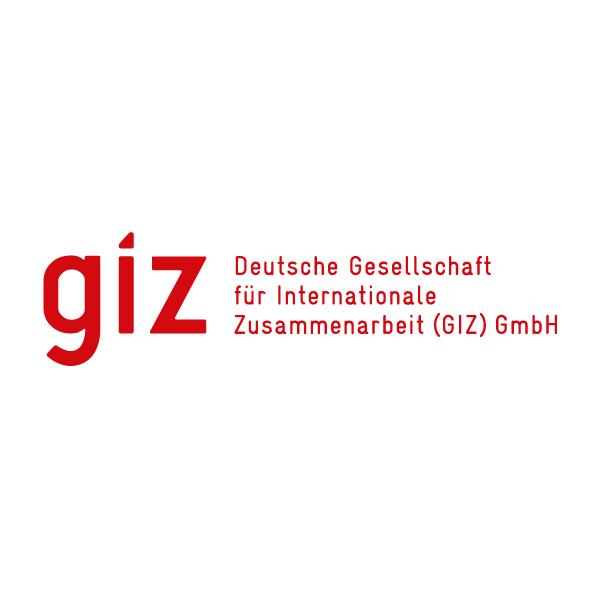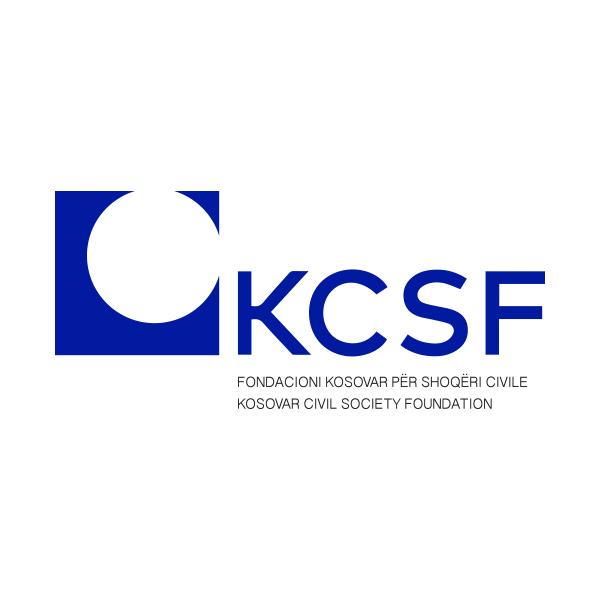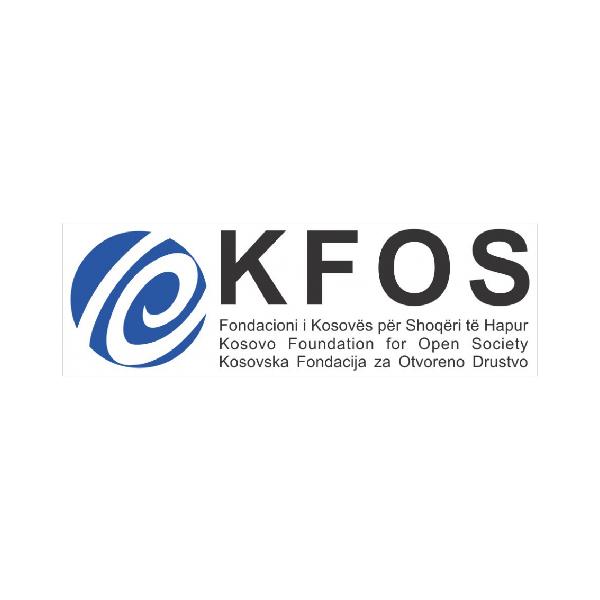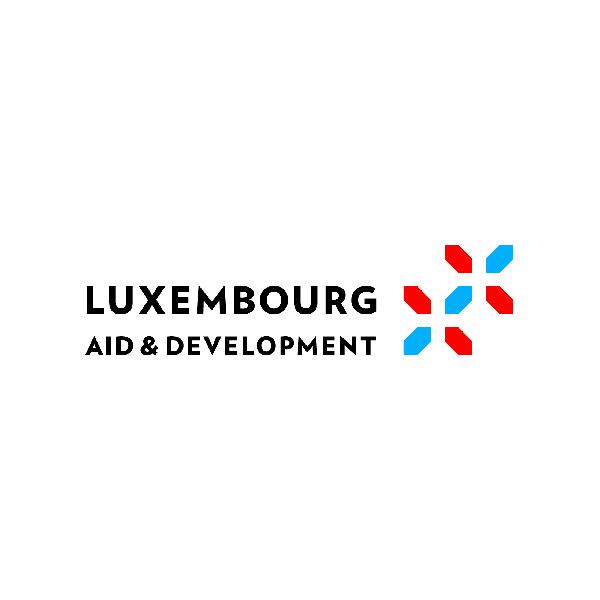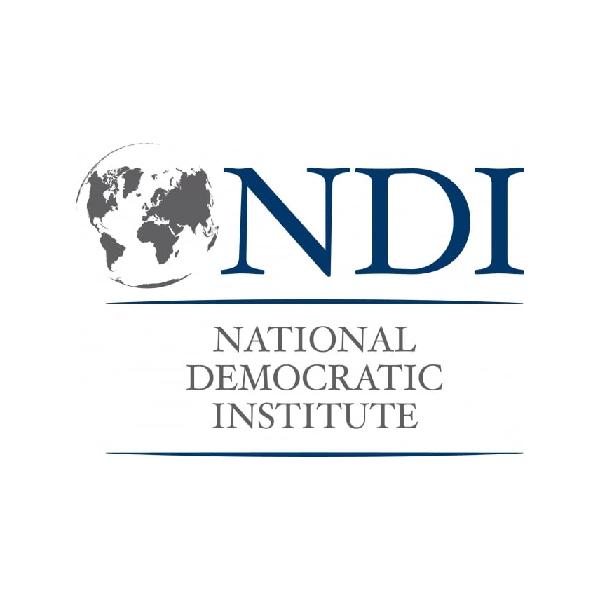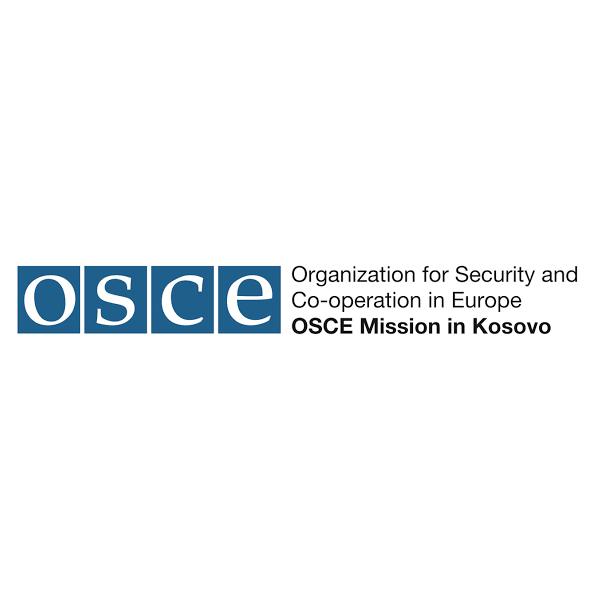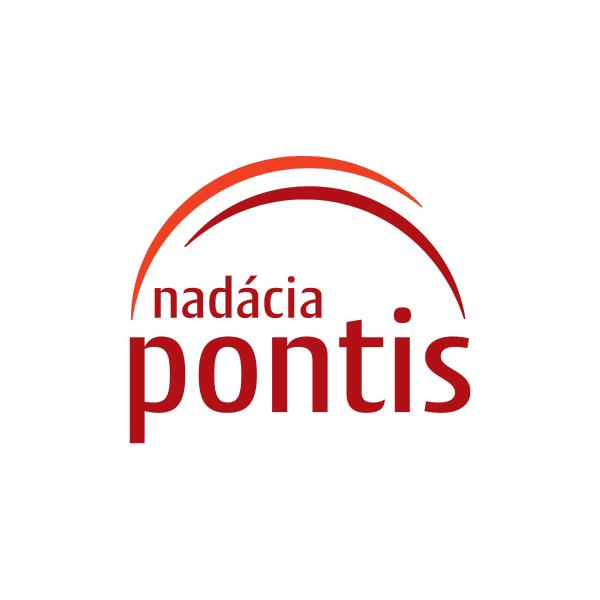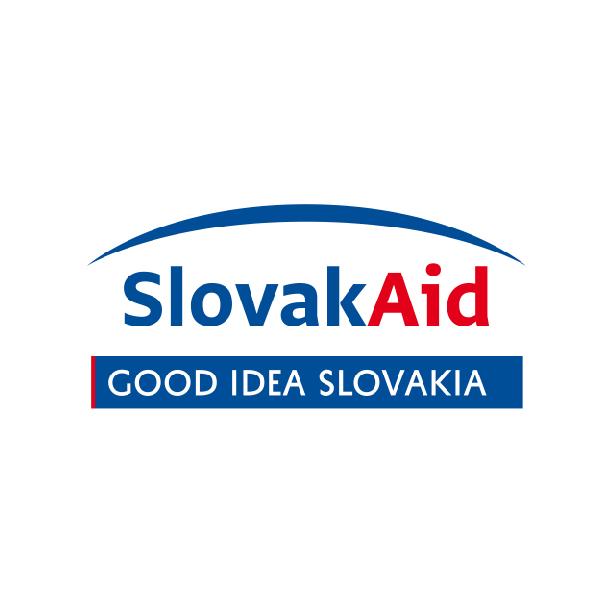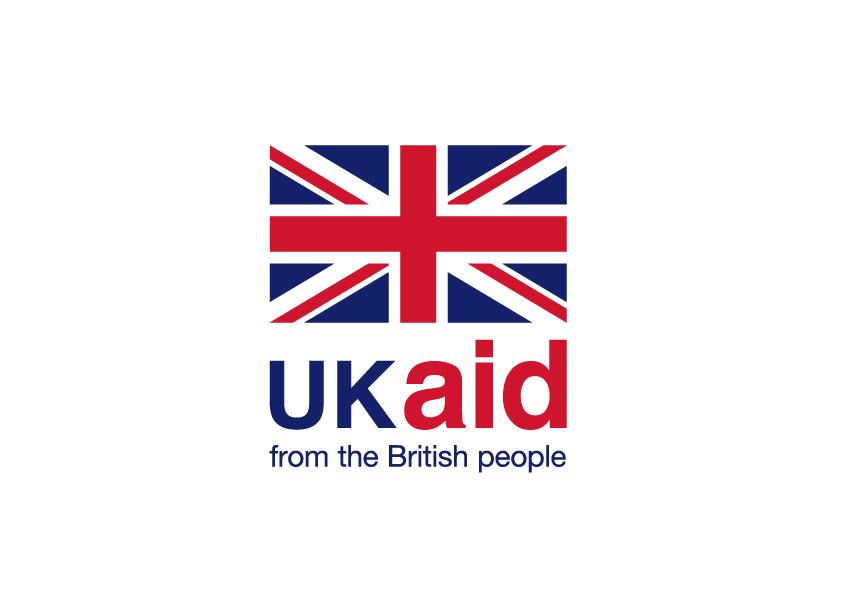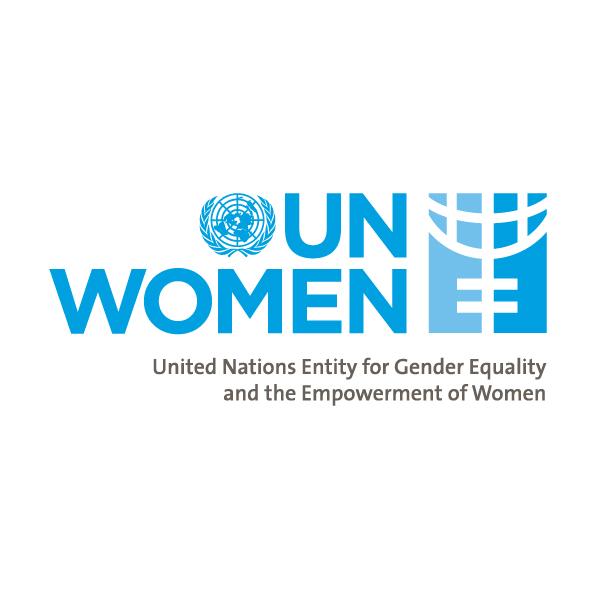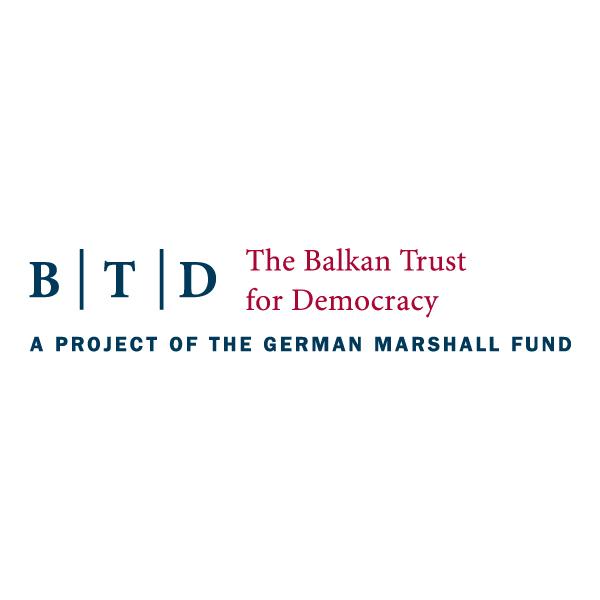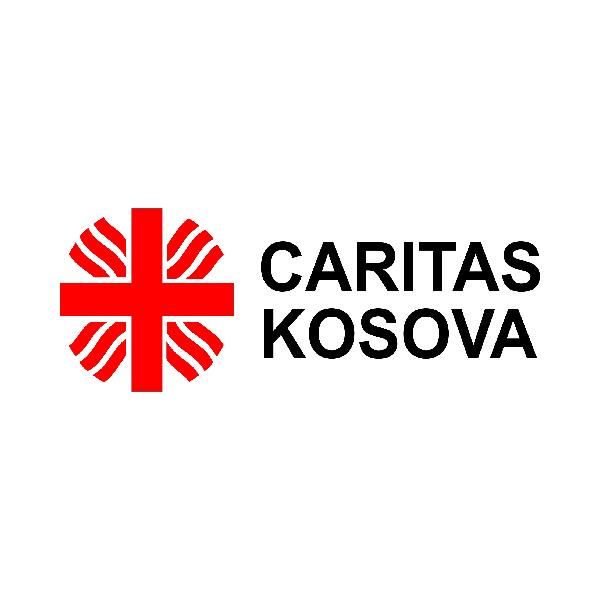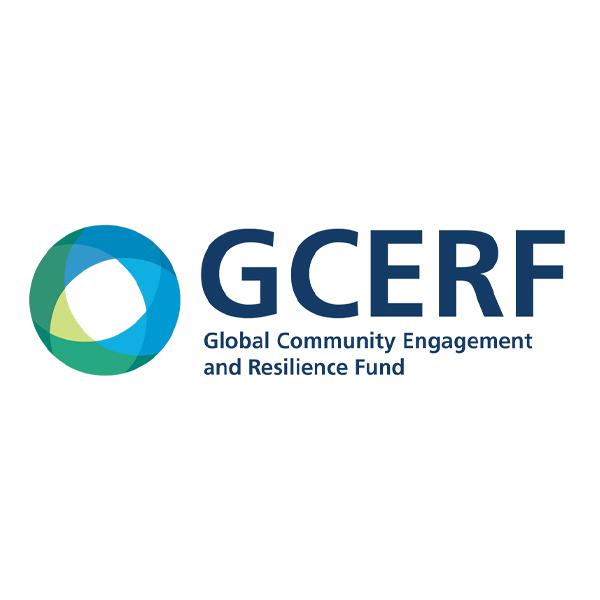In April there was a noticeable uptick in hate speech related to visa liberalization and Kosovo’s accession to the European Council. Persisting pressures on citizens who use dinar that for now don’t have an optimal alternative, and additional pressures for those who use Coordination office Passports.
To document events that can serve as indicators of the current sociopolitical, security, and human rights situation in northern Kosovo
Methodology
NGO Aktiv gathered information about possible cases of hate speech and human rights violations by monitoring media reports in Serbian and Albanian, as well as through direct interviews with local residents of four northern municipalities who reported human rights violations. The report relies on universally accepted terminology and definitions of human rights, as incorporated in the Universal Declaration of Human Rights (UDHR) and other relevant UN conventions and documents, the European Convention for the Protection of Human Rights and Fundamental Freedoms, as well as the applicable legislation of Kosovo regarding human rights and protection against discrimination, including hate speech.
General report on the situation of human rights in April 2024
During the reporting period, there was a rise in inter-community violence that is not a common practice. This was marked by two separate attacks on ethnic Serb citizens in north Mitrovica, both targeting young people. Additionally, the votes on Kosovo’s accession in the Council of Europe triggered a surge of hate speech on social media and inflammatory rhetoric from representatives of both Kosovo and Serbian politicians. The vote on visa liberalization for citizens under the coordination office’s Passport also fueled a wave of hate in traditional and online media, supported by politicians using inflammatory language.
Additional issues surrounding decisions on the dinar are arising and becoming more problematic, particularly because it has now been three months since some citizens were unable to collect their funds.
Dinar continuation
recap: The Central Bank of Kosovo (CBK) announced the Euro as the sole legal currency, leading to panic among locals reliant on Serbian Dinars for pensions, social support, and other needs. Access to funds became difficult due to limited banking options, withdrawal limits, and challenges in opening accounts for non-Kosovo residents. Political instability and misleading statements from leaders worsened anxiety and trust in institutions declined. Marginalized groups, especially non-majority, were disproportionately affected, hindering their basic rights.[1]
At the time of writing, there were two meetings held in Brussels under the guidance of the EU, focusing on finding solutions for people in Kosovo who rely on the Serbian Dinar. Unfortunately, these meetings did not result in significant progress towards resolving the ongoing problems. President Aleksandar Vučić of Serbia mentioned that there would be measures taken to offset the additional travel costs incurred by these individuals, although the specifics of these measures are not yet known. However, this is not considered an adequate solution, especially for those with impaired mobility, as additional funds alone may not substantially improve their situation.
Ethnic violence
In April, following a prolonged lull in ethnic violence, there were two separate attacks on citizens of north Mitrovica one on the 22nd of April and one on the 28th. These incidents resulted in injuries to two individuals, with one of them also experiencing property theft.
While the police acted swiftly and fairly efficiently in apprehending suspected perpetrators, there remains significant work to be done, as not all individuals involved have been captured.
CO Passports
Besnik Bislimi, in a press conference on April 24th, called for the withdrawal of measures imposed on Kosovo following last year’s forceful entry of mayors into municipality buildings in three northern municipalities. During this conference, he criticized the passport issued by Serbia through the Coordination Office, expressing disagreement with its approval for visa liberalization in the Schengen zone. In his speech, he labeled this document as illegal, disregarding the potential consequences of such a statement. These actions place holders of these passports in a precarious position, uncertain about potential legal repercussions, and contribute to ethnic divisions that could escalate into further violence. It’s worth noting that some individuals holding this passport lack alternative options.
Not only do holders of this passport face the unique status of being among the last in Europe requiring a visa for the Schengen area, severely limiting their freedom of movement, but they are also among the most marginalized groups in society.
[1] https://ngoaktiv.org/vesti/izvestaj-povodom-situacije-nastale-kao-posledica-odluke-cbk/


